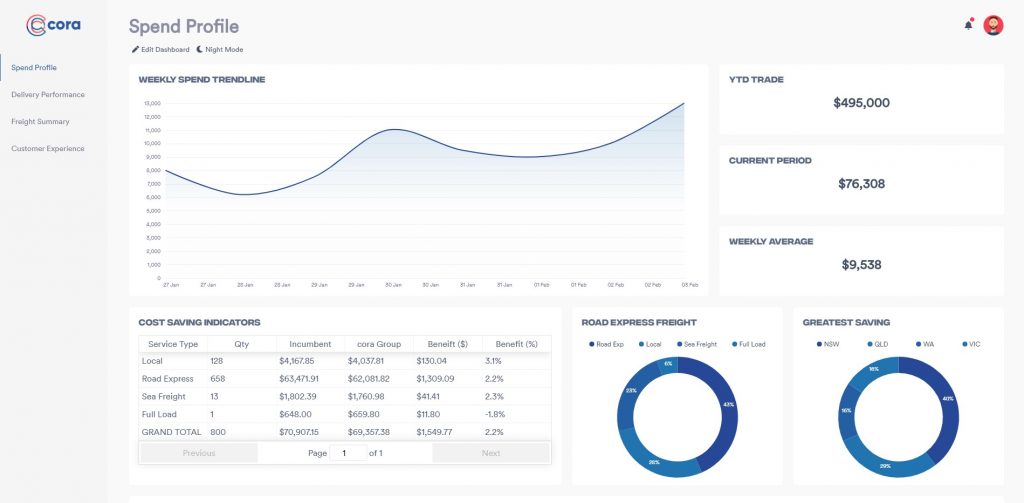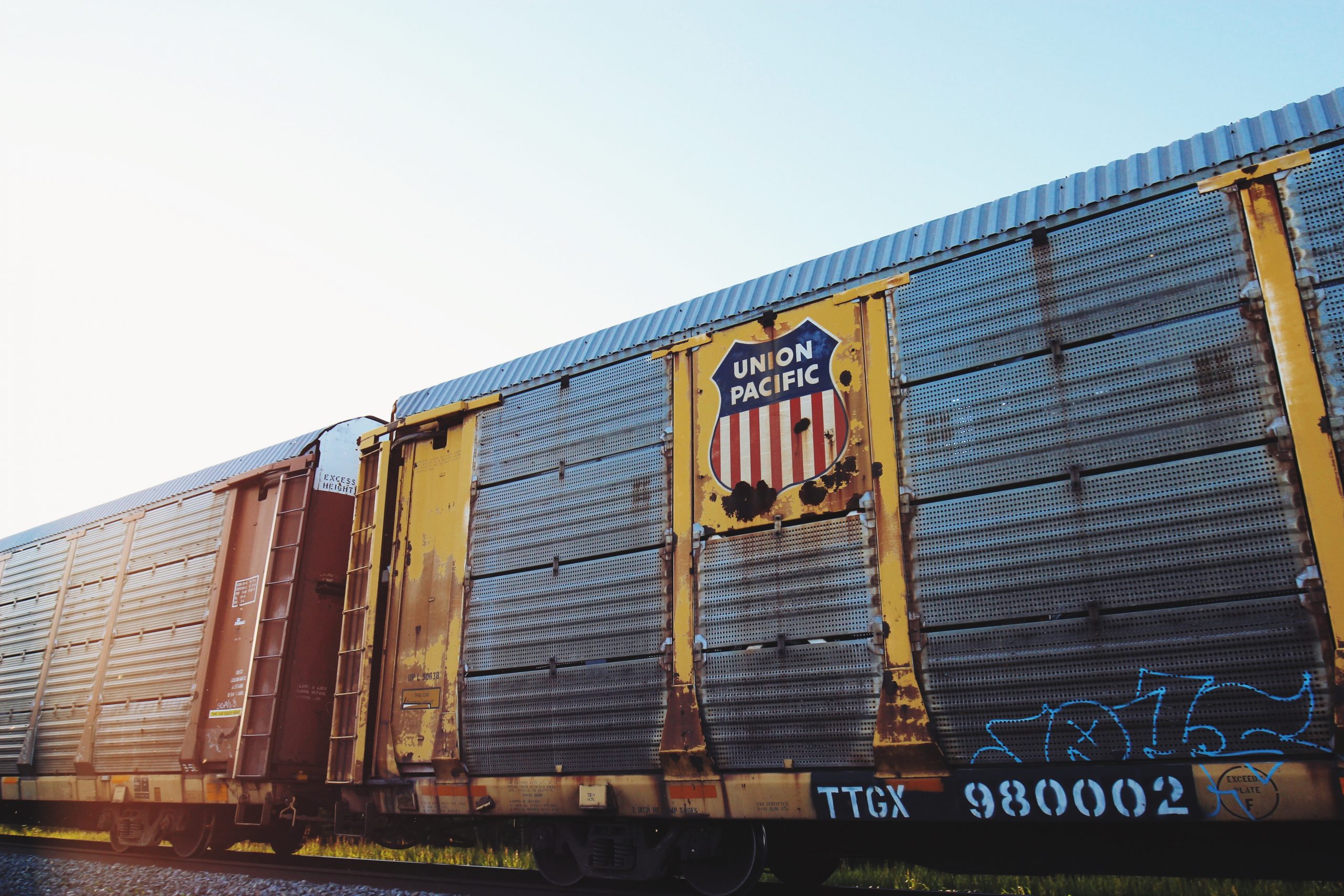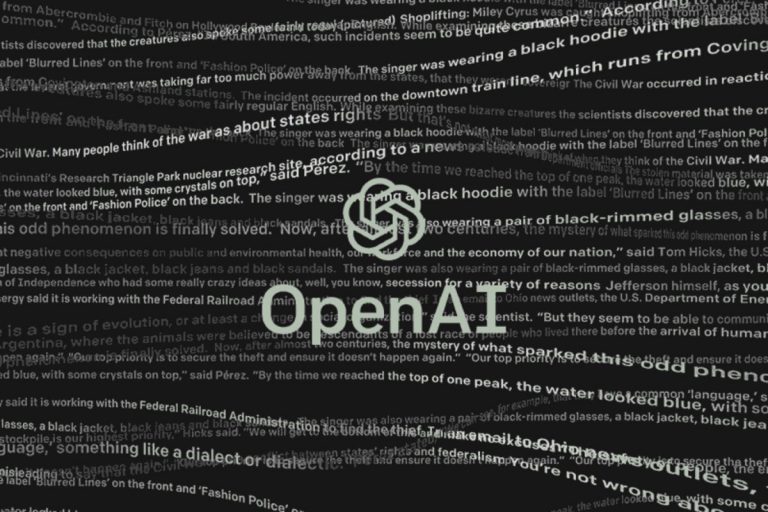The freight and logistics industry has reached a monumental fork in the road. Either innovate digitally to service the demand of customers, or risk the image and functionality of the industry as a whole. The companies that move fast will win more customers, and more importantly, survive as a business.
The COVID-19 pandemic alongside an increasing global population means the demand for around the clock transparency in the form of logistics services is becoming increasingly important.
Customers want to know where their product is, and they want it delivered fast.
It is digital transformation that will get help advance these businesses. This includes streamlining, automating, and digitising the whole process.
Freight and Logistics: Implementing Digital Transformation
Companies need a strategy that leverages the latest technologies such as machine learning to push forward faster and stronger. The problem is that not enough freight companies are actively adopting new technologies despite its obvious benefits. While largely driven by a generational issue, many in the industry simply aren’t up to speed with the technology and therefore don’t understand it. This is coupled by a low care for education and adoption, which has slowed the industry down to a rate of adoption slower than the creation of new, innovative technologies.
“People need to develop a digital road map”, says Peter Creeden, director of MPC International and a veteran of Hamburg Süd for more than 20 years.
From my personal discussions with freight companies and the work I’ve done with them over the years, there’s a recurring issue where they haven’t migrated from legacy systems to modern platforms. Operational performance developments have been left behind, and customer satisfaction isn’t adequately addressed.
It’s baffling how too many companies are still relying on Excel spreadsheets and not looking at how they can upgrade their systems accordingly.

The Age of AI: The Future of the Freight Industry
Artificial Intelligence (or AI) requires constant attention. AI is not like an operating system (such as Windows), where it’s all managed on your behalf. It needs daily care, management, manipulation, and to be trained so it works with you. Coupled with this technology is the requirement for technicians, including data scientists and engineers, who will make sure data going into the algorithms is correct and sanitised. They also help to confirm the data is monitored and structurally sound. While this may seem far removed from the typical freight business, it is becoming a necessity to remain competitive in an otherwise saturated market. The operational efficiencies it presents enable a grander volume of freight to be processed in many circumstances, and improved customer service. It’s for these reasons that it will become a necessity and those not adopting it will be unable to survive.
“Once the going gets tough, people don’t want to invest in that technology”, Peter Creeden added. “You have to understand about the freight industry because the margins are so low, because the education across the board is so low, you don’t have strategic thinkers. Yu don’t have teams of people doing research and development, people actually thinking about how what should they do over the next five years.”
Optimisation: The Best For Your Customers and Business
Adoption of new technologies such as machine learning (a type of AI), helps to achieve operational efficiencies that benefit your customers and business. For instance, machine learning offers route optimisation, which helps freight businesses to operate at more efficient speeds, reducing overheads per consignment, whilst helping to improve DIFOT. Machine learning also has benefits such as predictive analytics which help remove inefficiencies, such as preventing waiting time for drivers in the freight industry. Its these technologies that help to achieve a grander level of operational efficiency.
Staying Afloat In The Freight Game: Digital Transformation and Innovation
The companies that adopt new technologies will ultimately create operational efficiencies that will help them to advance faster than their competitors. Conversely, companies that adopt this shift risk being left behind amidst a saturated and competitive market.
While the process of digital transformation is daunting, with the right guidance and advice from experts, it can be seamless. If you have any questions regarding digital transformation, please don’t hesitate to get in touch.




